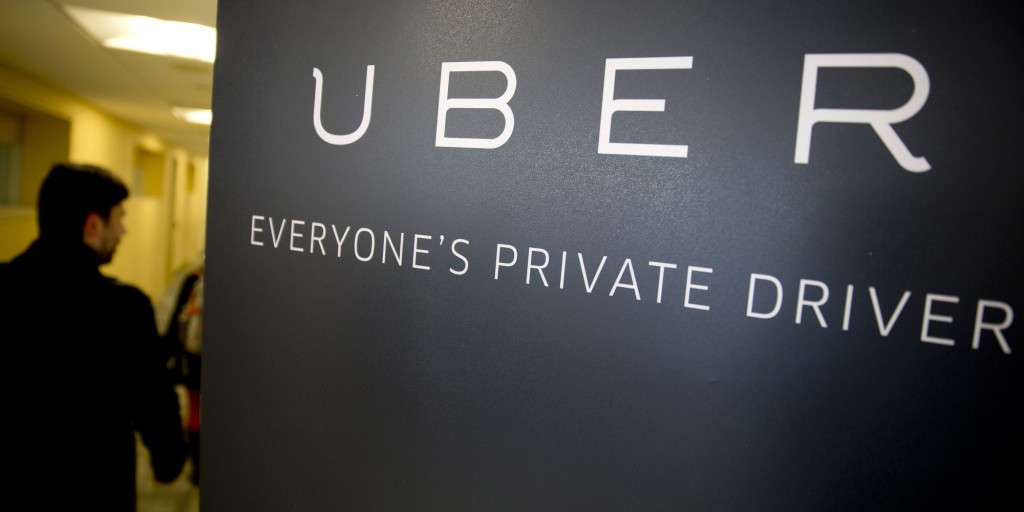Back in the simpler days of September 2016, the incorporation of Uber into Quebec’s transportation sector created an upheaval in the province’s usually peacefully monotonous system. After first threatening to shut Uber down, the Quebec government only agreed to a one-year “Pilot Project” with the ride-hailing service—demonstrating that Quebec has long been hesitant to integrate Uber into its transportation sector. Currently, many are concerned by Uber’s announcement that it may not renew its licence with Quebec on Oct. 14—the day the pilot project expires—due to stricter guidelines from the government. However, Uber’s presence in Quebec has become a staple not only for the part-time drivers who have begun to rely on the additional source of income, but also for university students seeking Uber’s convenient and relatively affordable transportation model.
Discussion has centred around the question of whether Uber will stay or go. The situation may seem like an ultimatum, but Uber and Quebec can and should compromise. It is a difficult proposition, but one with mutual benefit. Quebec should recognize the effectiveness of Uber’s business model and its convenience in cities like Montreal. Likewise, Uber must accommodate Quebec’s stricter policies and compromise, because keeping the ride-sharing start-up in the province will ultimately benefit both parties.
The Quebec government’s bureaucratic policies and Uber’s ultra-modern blasé resistance to these policies is evocative of debates between baby-boomers and millennials. This antagonism has created a scenario in which neither party will be victorious come Oct.14—potentially Uber’s last day operating in the province—if the company does not comply with Quebec’s stricter policies, including longer training hours for drivers and background checks conducted by the police instead of Uber itself. Uber states that if the province does not make its policies more lenient, it will cease operations, which will leave both Uber drivers and users in limbo. Ultimately, Uber should be accommodating of the province, because of its success here: Montreal residents have used its services 423,000 times in the last quarter. Similarly, Quebec would benefit from being more lenient to a company that has brought $7.2 million in revenue to the province during the pilot project’s first year.
Uber’s stance that the province’s regulations are unmanageable seems like conjecture and a convenient way to pander to the public; its complaints that the regulations would “break the company’s business model” seem to suggest a reluctance to compromise in lieu of an actual threat to the company. Quebec’s policies are not unreasonable either: An increase of training hours for drivers from 20 to 35, and criminal background checks conducted by the police instead of a private company, are security measures that would concretely benefit the public. They are not simply old-fashioned motions, as Uber’s rhetoric suggests. Rider safety shouldn’t be a point of contention for a company that has faced scandals involving following safety regulations and obeying laws in recent years that have lead to other major cities, such as London leaving the start-up due to similar concerns regarding background checks for drivers.
The reputations of both Uber and Quebec stand to be damaged if Uber chooses to leave the province. For Quebec, it sends out the message to other companies and start-ups that the province’s bylaws are strict and unyielding, potentially harming both the progression and economy of the province. For Uber, its stubbornness against compromising on training hours and regulations suggests a lack of concern for local laws. That’s not a viable option for a company which has only been actively embraced by two other provinces in Canada, as it could potentially solidify the hesitance of provinces with major markets such as British Columbia.
Ultimately the conflict between Uber and Quebec is a power struggle, but it need not be zero-sum. This struggle risks resulting in the loss of affordable transportation for university students, but both parties must realize that this will not benefit either of them in the long run.








